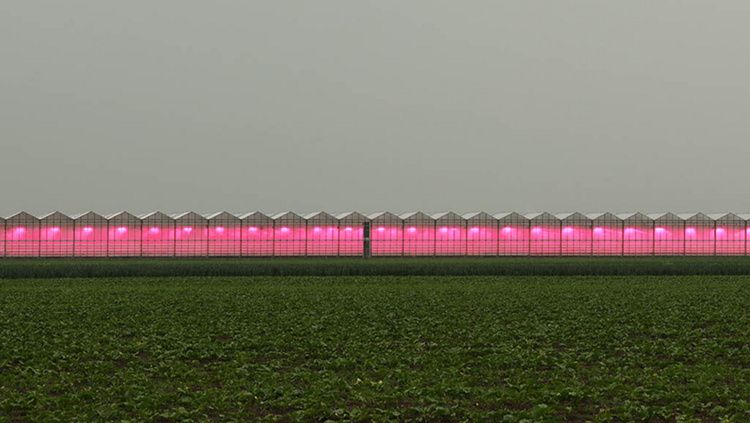
Aleksandra Jaeschke, Distinguished Speaker in Sustainable Cities Series
In 2019, I embarked on a journey through a world covered with glass and sealed in plastic. The aspiration behind my initial Wheelwright Prize research proposal was to explore the culture and architecture of greenhouses. My goal at that time was to speculate about strategies for a more equitable “greenhouse ruralism” and engaged “urban (horti)culture.” Almost four years later and after one hundred and fifty days spent on the roads of eight countries scattered across three continents, I now wonder if the greenhouse can ever be the answer. Perhaps it is time to break the mold and abandon it as a model and mindset.
In this presentation, I will recount some of my travel adventures to reflect on the “greenhouse” model and use it as a springboard to speculate about various “exit strategies” for designers and my own research in the near future.
Aleksandra Jaeschke is an architect and assistant professor of architecture at The University of Texas at Austin. Born and raised in Poland, she holds a Doctor of Design degree from the Harvard GSD and an AA Diploma from the Architectural Association in London.
Jaeschke was the winner of the Harvard GSD’s 2019 Wheelwright Prize and the DigitalFUTURES’s 2021 Mark Cousins Theory Award. She contributed to Log 51; participated in Log’rithms held in the Italian Virtual Pavilion at the 17th Venice Architecture Biennale; curated Plant Potential, an event series focused on human-plant relations; and participated in Model Behavior, a group exhibition curated by Anyone Corporation and presented by The Cooper Union Foundation in New York. A book based on her doctoral dissertation, The Greening of America’s Building Codes: Promises and Paradoxes, was published by Princeton Architectural Press in December 2022.